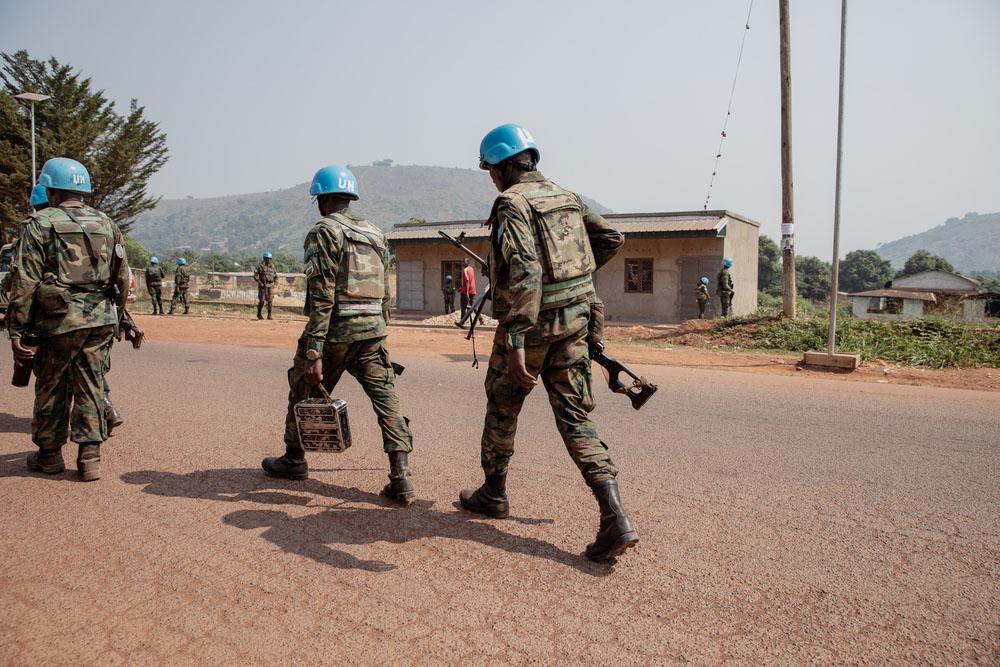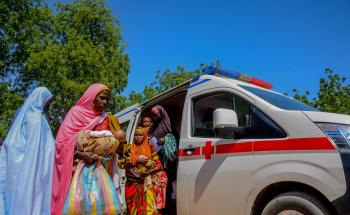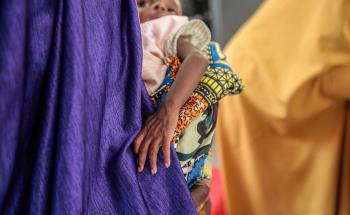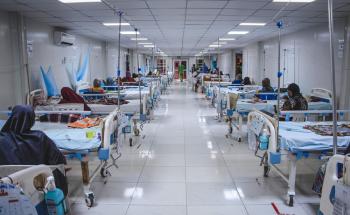Counter-terrorism measures can have a significant negative impact on the civilian population. Specific counter-terrorism laws and measures have proliferated in recent years, and today it is difficult to find an armed conflict context where such measures are not applied.
This article addresses this concern from four different and overlapping perspectives and identifies at least three ways in which this negative impact materialises, based on the extensive experience of Doctors Without Borders (MSF). Under no circumstances conclusions are drawn from a single real situation, neither it is intended to generalise the analysis to all contexts marked by counter-terrorism.
Which counter-terrorism measures are we referring to?
There are four different and overlapping perspectives which are briefly described below:
Criminal codes judge people by what they do. However, in some places, they also criminalise them for who they are or represent, or for the perception derived from that identity. Terrorism is a fertile ground for retaliation because of its extreme subjectivity, and some populations suffer such persecution regardless of whether they are linked to violent practices or not.
Counter-terrorism laws also affect humanitarian organisations and their members. In many armed conflict settings, some of the armed groups fighting against governments have been designated as terrorists under specific legislation that generally criminalises and penalises affiliation, connection, contact or mere collaboration with these groups. In some cases, it also includes humanitarian assistance to those falling under this designation.
Some states have complemented their legislation with military, police or administrative procedures that have stigmatised certain people and put them together with the groups they criminalise, associating them as a whole. In some cases, these policies have a greater impact than laws. Meanwhile, some policies have had a significant impact on the quantity and quality of the humanitarian aid provided to the populations.
One particular way is to restrict the activities that humanitarian organisations can carry out to certain “development” frameworks, which condition the aid with parameters that have little or nothing to do with humanitarian principles and may expose these people to risks.
A former UN secretary-general is credited with identifying International Humanitarian Law (IHL) as the most violated international law. The humanitarian principles have been reviled by the same authorities that claim to respect the rules of war but warn of exceptions with groups they refer to as terrorists, denying them any rights or compassion, regardless of what IHL or the principle of humanity state. The most concerning expression of these practices are the stigmatisation of the population that is identified with those groups. These people have been abandoned, discriminated against, persecuted or assassinated for the mere perception of their association with terrorists.
The public narrative considers some regions in which groups associated with terrorism operate as a uniform group, and anyone who lives in those regions are labelled as part of the group, as a collaborator or as someone who does not resist the enemy enough. This particularity has always affected armed conflicts, but with terrorist groups, intolerance and stigmatisation are exacerbated.
The populations that coexist, in harmony or against their will, with groups perceived as terrorists are judged through the prism of criminalisation in political and armed forces discourses, in media and social media and within different collectives that make up civil society. The same narratives also defame those who assist them. A few years ago, healing a terrorist was already questioned; today, treating their relatives and neighbours is criminalised.
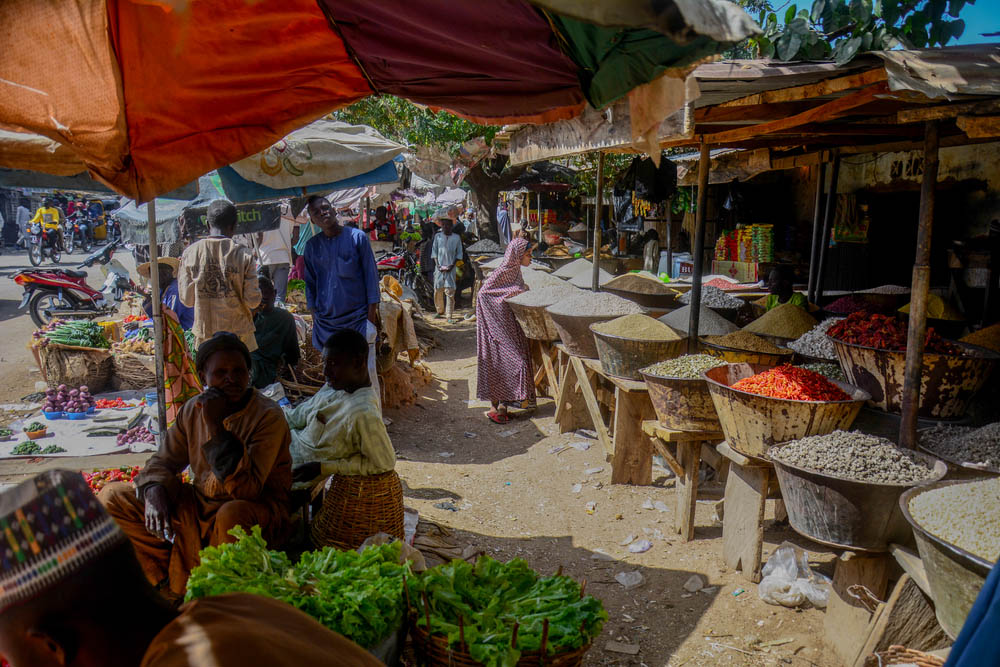
A heightened justification of harm to those associated with terrorism
IHL is not necessarily a fair policy framework. It legitimises violence, even against civilians, and leaves plenty of room for states to interpret it in a biased and self-interested way. Still, IHL provides rights and obligations, and limits actions that, without it, would intensify the inherent inhumanity of wars. IHL is applied if groups designated as terrorists act in contexts of armed conflict.
Governments and institutions cannot excuse their obligations towards IHL because of terrorism in order to implement emergency legislation. Yet they do so. The terrorist narrative increases the threat to an existential and exceptional level, and from that perspective, everything can be justified. Torture, executions and other kinds of outrages take place in contexts of armed conflict. In contexts marked by terrorism and counter-terrorism, these practices are openly justified.
It is truly difficult to discern the specific negative impact of counter-terrorism measures in armed conflict contexts already characterised by abuse and suffering. As already mentioned, IHL is not necessarily fair to civilians. It allows for them to be killed, as long as it is “justified”. This is obviously a subjective assessment made by military strategists, not by the families of those killed.
Those who do not withstand terrorists or are not harmed are associated with them. They do not lose their civilian status, but they do lose the perception of their innocence. IHL differentiates between those who take up weapons and those who do not. Counter-terrorism does so between culprits and innocents.
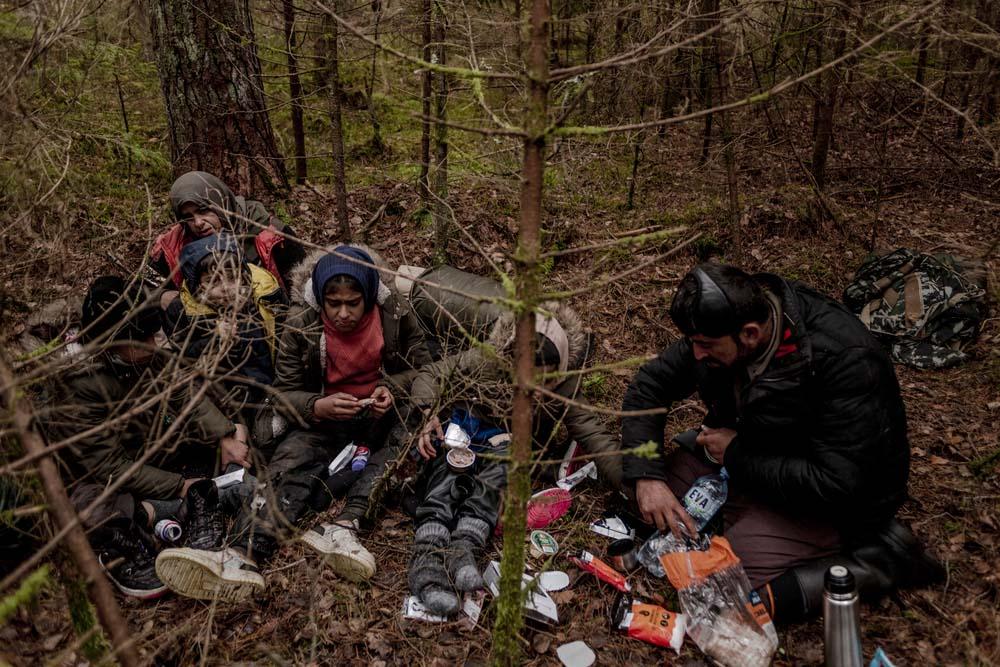
If resorting to violence depends on a balance between the perception of the military necessity (to eliminate the terrorists) and the concern about harming the population living among them (now associated with the problem), it can be concluded that counter-terrorism elevates the necessity and reduces the concern. Not only in the eyes of governments, the military or armed groups but also in the eyes of public opinion, which is more flexible and comprehensive to a lesser evil that is ultimately conditioned by fears, prejudices, discrimination and hypocrisy.
It should be noted that armed conflict contexts where terrorism and counter-terrorism measures converge are, in very many cases, precisely the places where humanitarian action should be prioritised according to the principle of impartiality.Alejandro Pozo Marín, MSF humanitarian affairs senior researcher
Deprivation of the right to aid and protection
Populations may be left unassisted for at least two reasons: because assistance is not available in the areas to which they have access or because they belong to a collective that is denied such assistance. Health ministries are sometimes functional in areas controlled by armed groups in conflict with the government, but their absence is more the rule than the exception, for security and viability reasons or because the services are denied.
Rebel groups may also provide aid, but they often prioritise other efforts out of self-interest or for survival. IHL takes into consideration medical and humanitarian assistance by third parties and clearly specifies that it cannot be restricted and must be provided “to the fullest extent possible and with the least possible delay”, without making any distinction based on non-medical criteria.
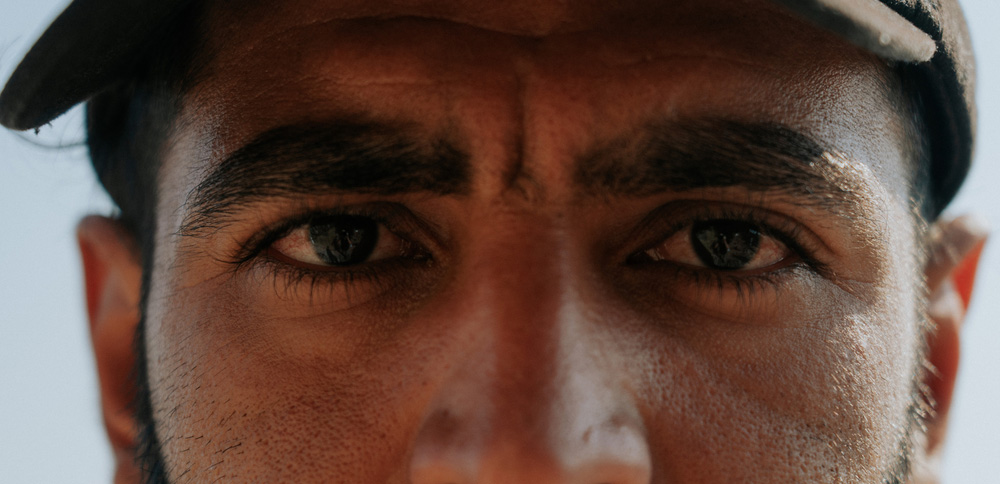
Nonetheless, governments or their armed forces have not allowed humanitarian work in some places, justifying themselves in counter-terrorism frameworks. In other places, they have prohibited it with no other legitimising precept than their own assessment. Some of the arguments used have been of a military or security nature, but additional intentions have been identified.
For example, to avoid testimony, weaken the enemy, or deny any assistance to people perceived to be in their circle. As a result, MSF has not been allowed to operate in certain contexts in which it was willing to do so, in places where no one who did not live there has been able to provide aid. At times, this restriction has been justified as being “for their own good” - that of the humanitarian teams, not that of the unassisted populations.
Fortunately, access has rarely been unconditionally denied. Restrictions might be arbitrary and temporary, due to military incursions or based on the political momentum. Obviously, access does not only depend on the authorisation of governments or armies, and it is often limited or prevented by armed groups. But counter-terrorism has been a fundamental element in the restrictive logic on both sides because it also increases the suspicions of non-state armed groups towards humanitarian organisations and UN agencies, whom they can identify with the same countries or institutions that criminalise them.
In some places, formal or informal prohibitions are not necessary, because humanitarian organisations have decided not to work there, either due to self-restraint or pragmatism, or to avoid problems with the governments on which they are financially dependent. Working in contexts marked with terrorism and counter-terrorism is expensive and dangerous.
Not only in terms of security but also in terms of reputation, because public opinion is not always positive about assisting particular persons or groups. In addition, the fears and dilemmas associated with this work also affect the staff. Donors do not provide incentives either, with excessive bureaucracy and demands that are impossible to meet in practice, due to the inherent nature of risk in contexts of armed conflict.
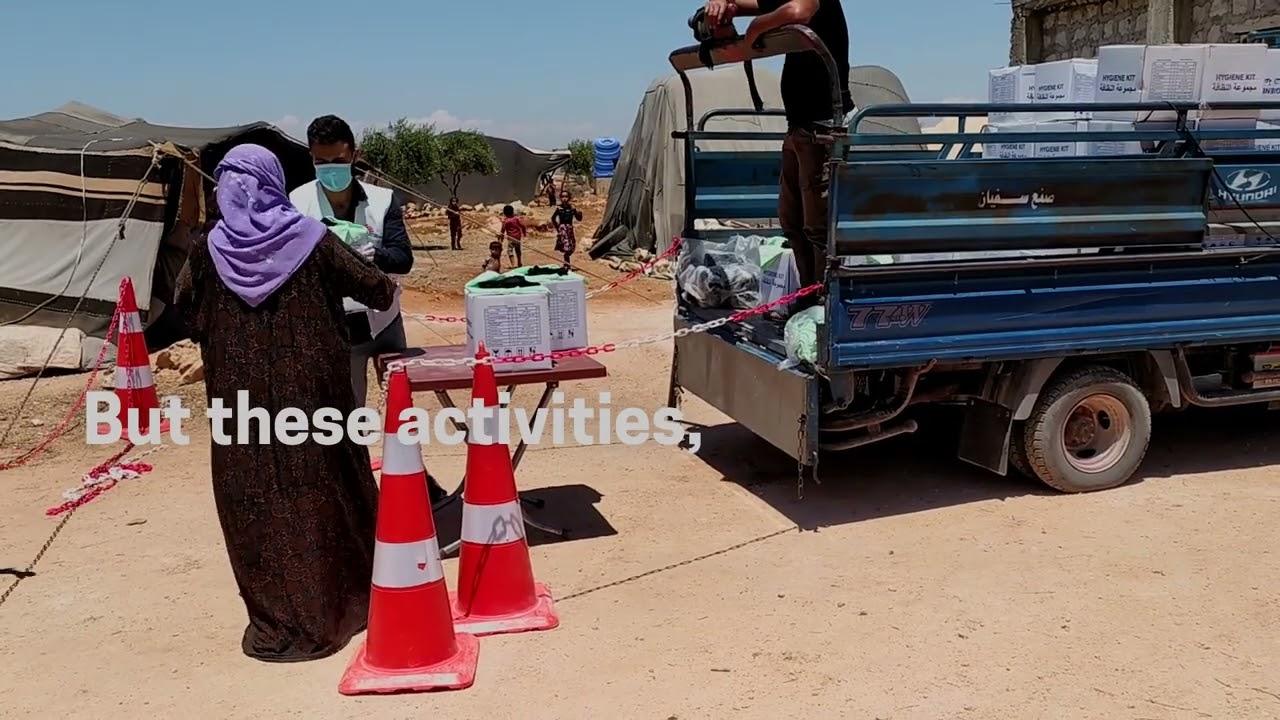
Northwest Syria: Millions of people rely on humanitarian aid to survive
Finally, the threat of counter-terrorism legislation is an extreme discouragement to humanitarian aid: assistance may be considered as supporting terrorism and talking to groups labelled as terrorists, or those associated with them, is criminalised. Therefore, even in contradiction with the humanitarian imperative, the aversion to risk related to counter-terrorism has also promoted a void in humanitarian response, with its consequent impact on the people who will not receive it.
Local humanitarian organisations may also have major problems assisting populations, and even the community solidarity networks may face the same problems that affect international organisations. It should be noted that armed conflict contexts where terrorism and counter-terrorism measures converge are, in very many cases, precisely the places where humanitarian action should be prioritised according to the principle of impartiality.
This principle determines (as does IHL) that assistance must be provided solely based on need. Counter-terrorism, on the other hand, singles out everything else. While humanitarian action does not discriminate between patients, counter-terrorism action insists on doing so.
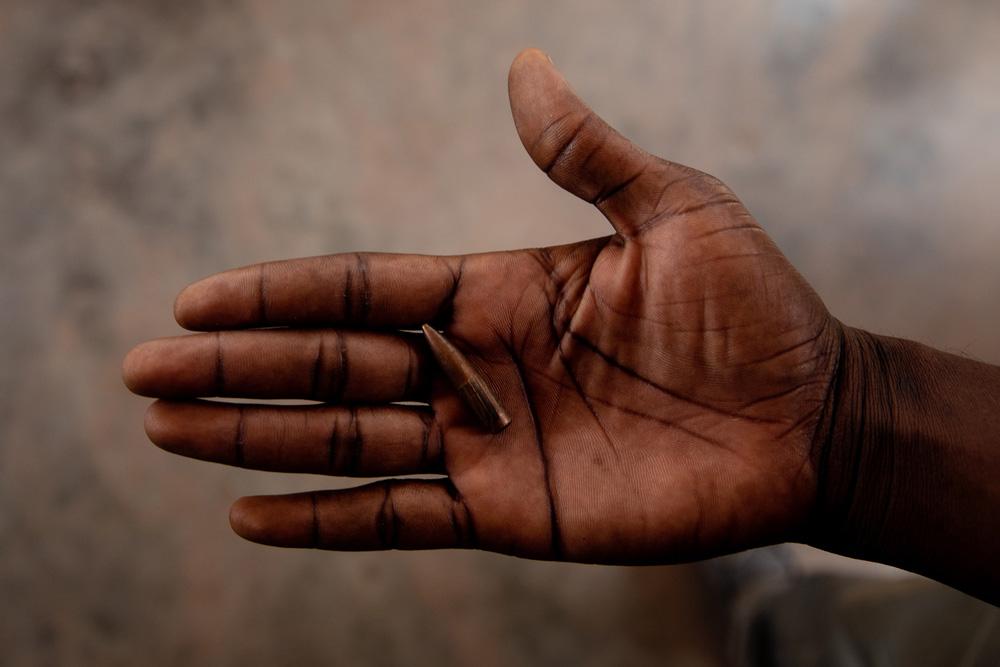
Subordination of the most basic needs and risk exposure
In war contexts, let’s insist on this, governments are parties to the armed conflict. In recent times, counter-terrorism has been the last element in the instrumentalisation of humanitarian action for different and incompatible aims. This represents a qualitative descent into chaos in the interpretation and centrality of the principles of humanitarian action. As a consequence, assistance is selective, and the populations associated with the other side are neglected or exposed to risks.
In some contexts, the counter-terrorism agenda has embedded humanitarian action in operational development frameworks. Development requires models for its application, and these have been conditioned, in line with the mentioned tendencies and practices, by securitisation and the fight against terrorism. Consequently, actions have not been characterised by independent assessment of needs by humanitarian organisations (much less by the people in need) but by strategies that, in some extreme cases, have even compounded people’s misfortune rather than aiding their survival.
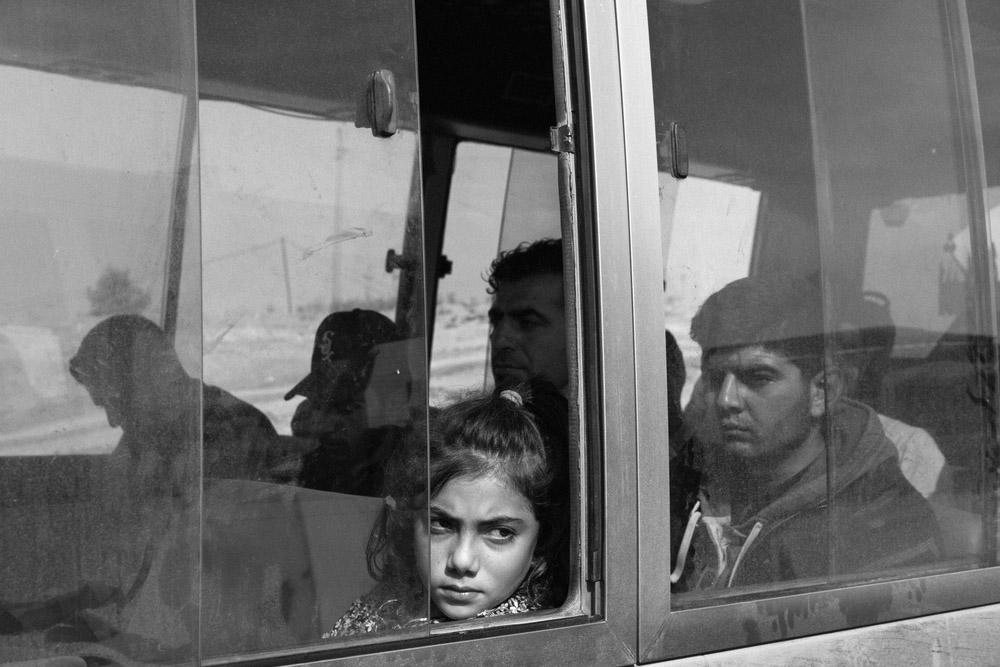
Many displaced people have suffered the consequences of war for years, without access to basic medical care, and their health condition is disastrous. However, when seeking help, they may be identified as potential supporters of the insurgents rather than as people in need of assistance.Alejandro Pozo Marín, MSF humanitarian affairs senior researcher
In counter-terrorism contexts, some donors have made their funding conditional not only on identifying and withholding assistance to certain individuals who use weapons but also to those they “associate” with them. This circumstance has made humanitarian groups responsible for subjectively identifying individuals and contributing to counter-terrorism agendas.
Many displaced people have suffered the consequences of war for years, without access to basic medical care, and their health condition is disastrous. However, when seeking help, they may be identified as potential supporters of the insurgents rather than as people in need of assistance. The instrumental role played by pro-government militias has been observed in many counter-terrorism contexts.
From self-declared self-defence groups to opportunistic gangs and foreign militias, they have obtained carte blanche from the armed or security forces to persecute those associated with terrorism, sometimes based on ethnic or religious identity. The intermediaries have an added value as local actors and the state is relieved of responsibility for any possible misdemeanours (this is also a clear impact of counter-terrorism).
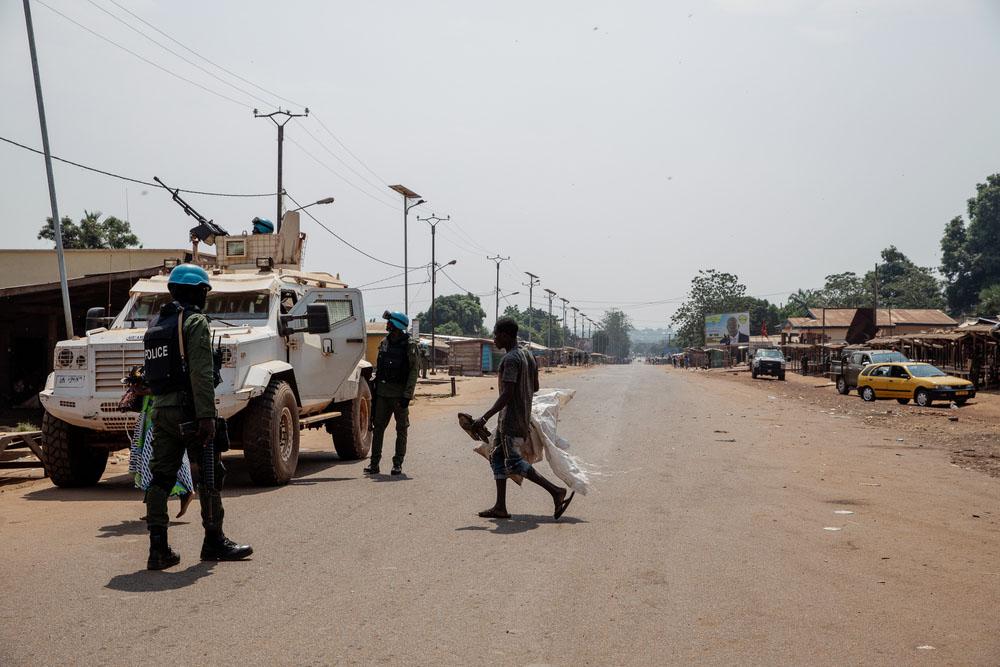
People who flee may want to protect their identities, especially when they feel their integrity is compromised. Nevertheless, humanitarian organisations may be interested in identifying them. Biometrics (the use of fingerprints, facial photographs or iris analysis, among others) is on the rise, and some UN humanitarian agencies use it extensively in their programmes. The theory says that technology, when properly used, solves problems. In this case, for example, it may prevent someone from repeating in the distribution of goods or may unequivocally identify people.
Nonetheless, the very idea of resorting to biometrics in counter-terrorism contexts is distressing, without arguing about the effectiveness of these techniques in terms of false positives (identifying the wrong person) or false negatives (not identifying the right person), and their impact on privacy and other ethical considerations. Counter-terrorism measures open the possibility of accessing biometric data stored in centralised databases, a tempting opportunity for governments or armed forces to take advantage of.
Another source of concern has been maintaining the confidentiality of people assisted. Withholding information may not be accepted by governments, armed forces or public opinion when it is associated with the fears of terrorism. It may even be punishable by law. In some places, authorities have required humanitarian organisations to report any injured persons. This is an unacceptable request because of medical and humanitarian ethics.
Medical confidentiality is a statutory right under IHL, even if it is not always respected. But when counter-terrorist narratives and practices are employed, confidentiality can even be associated with collusion with terrorism. It is to be expected that abandoned, discriminated or persecuted populations will think twice before seeking assistance, because of the filtering and separation carried out by pro-government armed actors before any person receives medical or humanitarian attention.
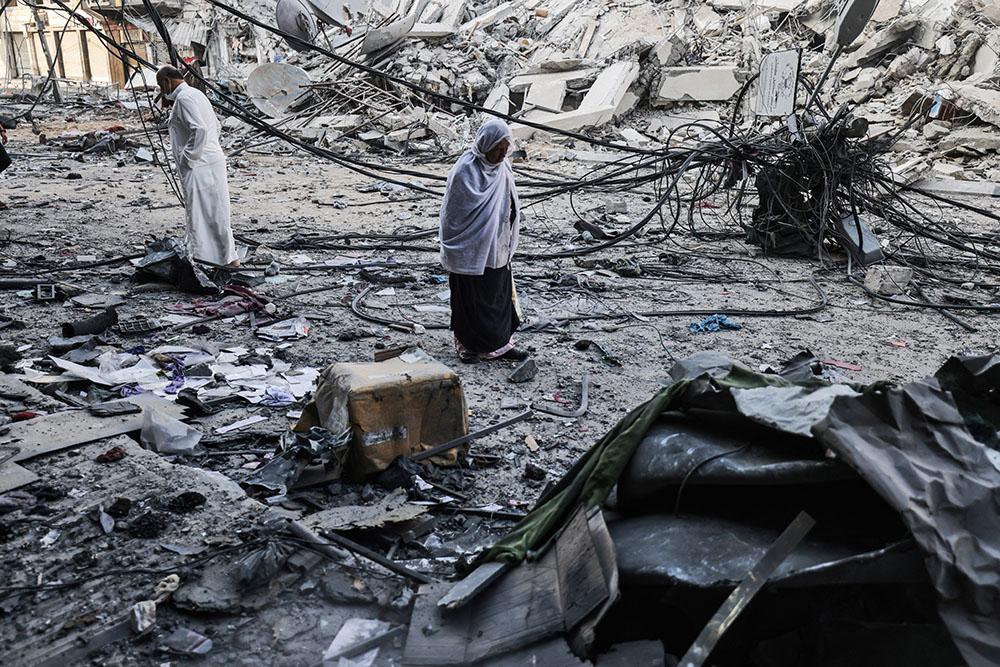
Conclusion
IHL discriminates between those who take up arms and those who do not. It does not define the type of behaviour that entails “direct participation” in hostilities, but this identification is possible. In contrast, counter-terrorism discriminates between culprits and innocents. Counter-terrorism suppresses any debate, denies any causal relation, and considers the terrorist environment as a whole, depriving people of rights and compassion.
Terrorism kills innocent people, lots of them. Each of these deaths is unacceptable, without the concessions that are granted to collateral damage when armies are the ones who kill. Counter-terrorism also kills and it is not debated either, because those who die are directly or indirectly associated with the problem. They may be civilians, but they are not perceived as innocent.
In addition to justifying violence against entire collectives because of who they are (and not because of what they do), counter-terrorism also violates their right to receive humanitarian assistance or makes it conditional and subordinates it to secondary aims that sometimes aggravate rather than alleviate their suffering. The many counter-terrorism laws, policies, practices and narratives all have an undeniable impact on limiting vital assistance, either actively (by criminalising the practice) or passively (by discouraging it to the point of self-exclusion).
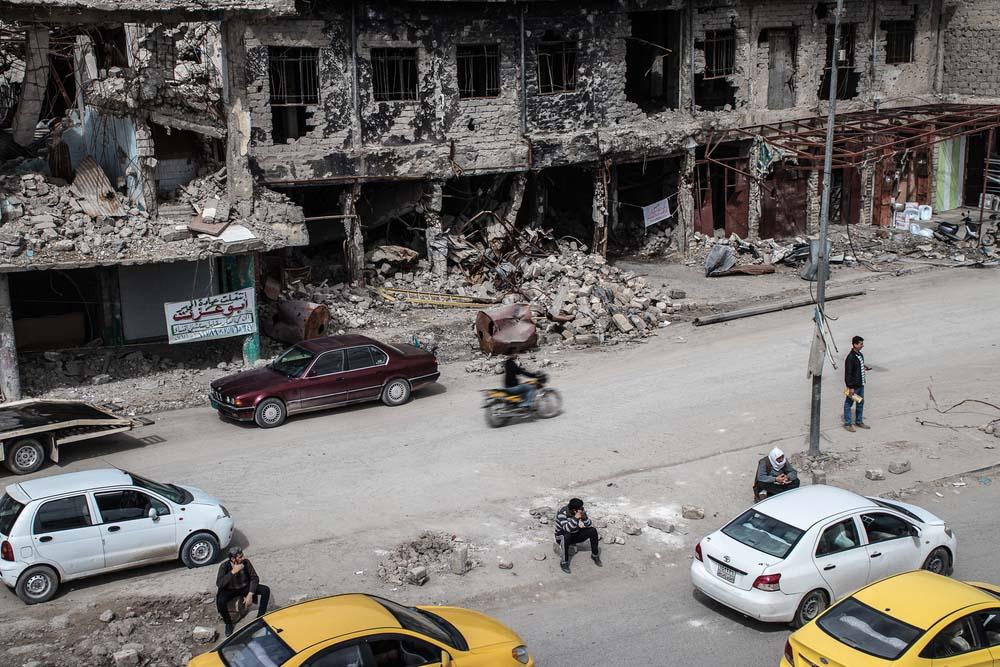
Yet, despite all the restrictions, risks and increasing difficulty in assisting people in an impartial, neutral and independent way, it is still possible to do so. Although counter-terrorism measures have added to the traditional concerns related to operating in armed conflict areas, where warring parties exercise violence against civilian populations and humanitarian staff, these settings where the needs are extreme are also where humanitarian action has its maximum added value and should be prioritised, especially in the earliest and most acute phases of violence. In contexts where the difficulties are greater, greater efforts, preparation, resources public positioning and advocacy are also required. Otherwise, there is the risk of a void in the response, the greatest failure imaginable for humanitarian action.
